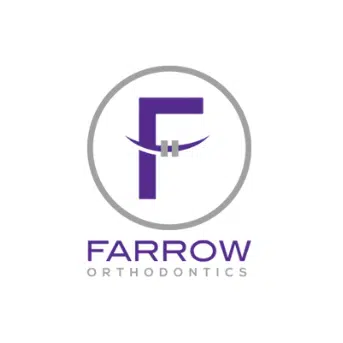Dr. Anthony Farrow of Farrow Orthodontics in Philadelphia, PA wants his patients to know that saliva is an important part of a healthy body. You make saliva when you chew—the harder you chew, the more saliva you make—and you may also find that you make saliva when you suck on sugar-free candy and cough drops. It is the clear, watery liquid made by your salivary glands that keeps your mouth moist and comfortable, helps you chew, taste and swallow, fights germs in your mouth and prevents bad breath, has proteins and minerals that protect tooth enamel and prevent tooth decay and gum disease, and it helps keep dentures securely in place.
Moving through tubes called salivary ducts, the body normally makes up to 2 to 4 pints of saliva a day, making the most saliva in the late afternoon and the least amount at night. Too little saliva or dry mouth (xerostomia) can be caused by HIV/AIDS, Sjogren’s syndrome, diabetes, Parkinson’s, blockage in one or more tubes that drain saliva (salivary duct obstruction), chemotherapy and radiation therapy, dehydration, “fight or flight” stress response, structural problem with a salivary duct, or by smoking cigarettes. Medicines can also affect saliva flow and cause dry mouth, such as antihistamines, anxiety medicines, appetite suppressants, certain types of blood pressure drugs, diuretics (water pills), most antidepressants and certain pain medicines (analgesics).
Dry mouth causes the gums, tongue and other tissues in the mouth to become swollen and uncomfortable. Germs thrive in this type of setting, and a germy, dry mouth leads to bad breath. Moreover, saliva helps clear food particles from your teeth reducing the risk of cavities, therefore dry mouth also makes you more likely to develop rapid tooth decay and even gum (periodontal) disease.
If you have too little saliva or dry mouth Dr. Farrow offers these tips:
Drink plenty of water
Chew sugar-free gum
Suck on sugar-free candy
Rinse your mouth with artificial saliva
Please don’t hesitate to ask Dr. Farrow about side effects you might have when taking a medication, you never know how it could effect on your smile. And if you have any questions or concerns about your oral health give Dr. Farrow a call at 215.247.9060 or visit Farrow Orthodontics when and if you are in the Philadelphia, PA area.

